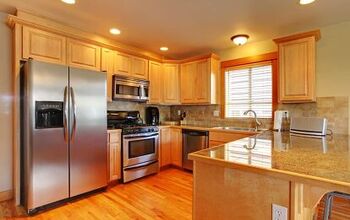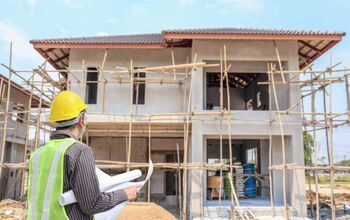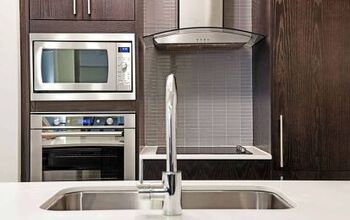First-Time Homeowners, Beware These Six House Types

When buying a home seems unattainable thanks to high interest rates, inflation, and $10 eggs, buyers, beware. It becomes increasingly more appealing to say yes to a house that may be less than desirable to get your foot into the market. However, first-time buyers should avoid certain properties at all costs to save themselves from plenty of regret.
First-time homebuyers should steer clear of certain properties. Avoid major fixer-uppers, homes that aren’t the size you need or are in the wrong location, and houses that push you beyond your financial comfort zone. Skip investment properties until you know more about home ownership, and don’t buy a house that’s more work than you can handle.
You may be tempted to jump at amazing deals, even if it’s not the house you’re looking for. As a first-time homebuyer, you’ll face plenty of new experiences and learning curves. Therefore, getting in over your head often turns out to be a recipe for headaches and heartaches. Here are six houses that first-time buyers should forget about when looking for a starter home.
1. The Longer Commute
After house hunting several properties and coming up empty-handed, it’s reasonable to lower the bar. Maybe you’re no longer adamant about a walk-in closet or double ovens. However, location is one factor you should think twice about before compromising.
Plenty of eager first-time buyers may think taking on a longer commute is worth it once they see the larger house they can get. However, after a few months (maybe just a few weeks), the extra time spent driving to and from work takes a toll.
The last thing you want when you buy your first home is to regret your choice. However, if you spend more time in your car than in your living room, buyer’s remorse starts to creep in. Don’t let more square footage or marble floors make you turn your 30-minute round-trip commute into a two-hour affair.
2. The Fixer-Upper
Have you seen the comedy classic, The Money Pit? There’s a reason buyers need to be wary of fixer-uppers. It’s tempting to pay less for a property because it’s not turn-key. However, you set yourself up for a lot of stress and financial pains when you take on a major remodel as your first house.
If you’re itching to get into the real estate market but have limited funds, consider compromising. Look for a home with good structure, recently upgraded major systems (like HVAC, roof, electrical, etc.), and that only needs cosmetic upgrades.
This type of house typically has a lower price, but you won’t have to worry about fixing anything right away. You can make changes over time. Just make sure you’re okay living with an out-dated kitchen for a while. Don’t buy a fixer-upper of any kind unless you have the funds ready to foot the renovations and the time to devote to the process.
3. The Fast Flip
A fast flip is not a good choice for your first house. We get it. It’s hard not to think about making millions flipping houses once you spend a few minutes on TikTok. Self-proclaimed investment gurus make it seem so easy to buy a house, flip it, and sell it at a sweet profit in a few weeks.
If this is your idea of how to enter into the market, reconsider. It isn’t as easy as it looks on social media -- house flipping involves multiple components (and risks). Plus, do you have any experience with renovating, flipping houses, or real estate? Or, is all your knowledge based on the two-minute short you watched on YouTube?
If you’re looking for a place to call home, then that’s what you need to search for — a home, not an investment property. Once you become a homeowner, if you’re still itching to try your hand at a flip, then you can research the process. Talk to knowledgeable people about how to go about it and save the necessary money, so you don’t lose your primary residence in the process.
4. The Goldilocks House
In the famous tale of Goldilocks and the Three Bears, Goldie stumbles upon the bear’s cottage in the woods. Inside, she finds plenty of things that are too big or too small before she finds one that’s just right.
As a first-time homebuyer, don’t be so eager to buy a house that you settle for one that’s too big or too small. Will you need to compromise on size a bit? Most likely. However, buying a house that’s too tiny to meet your needs or too massive to take care of leads to frustration.
5. The Low Price Under Pressure
After searching for weeks and looking at house after house, you finally find one that seems perfect, primarily because of its bargain list price. You can safely say that the house would be a steal, but the sellers want to move fast.
Before you have time to think, you sign on the dotted line, thinking this deal is too good to pass up. But anytime you act under pressure, you’re bound to end up facing a few problems or regrets.
Perhaps the house isn’t as good a fit for you as you thought. You may have been blinded by the bargain and missed the red flags in the house. Or you ignored your needs because the price was too good. No matter what the reason, avoid acting under pressure and second-guess any price that seems too good to be true.
6. The Outdoor Paradise
You may think you’ve hit the jackpot when your agent shows you a cute starter home with a resort-like backyard. Lush landscaping, a pool, a beautiful raised deck, and plentiful gardens give you a personal oasis.
However, all of that lovely outdoor space comes with a price once it becomes yours. Do you have the money to maintain it? If not, you won’t have your backyard paradise for long.
If you do have the funds to care for your yard DIY-style, do you have the time? If not, you also won’t enjoy the space long term. The exception to this rule is if you have enough funds to pay professionals to take care of your yard for you.
Other Things To Consider As A First-Time Home Buyer
Besides avoiding certain types of houses, there are a few other things to keep in mind when you search for your first home.
Don’t Forget About Phantom Housing Costs
Don’t base what you can afford only on the house price. There are tons of invisible costs associated with owning a home.
Furnishing and decorating your new place, paying utilities, and budgeting for home maintenance costs are a few biggies. You also have insurance and property taxes that add to your financial load. These phantom costs are also why it’s smart to avoid a house with a list price that pushes the top of your budget.
How Long Do You Plan To Stay In The House?
When buying your first house, think about how long you plan to stay there. If you know you’ll be moving in a year or two, you can likely make a few more compromises.
However, if you’re hoping to stay in your first home for at least five years or more, you’ll want to pay more attention to things like size and location. However, always keep in mind that the best-laid plans can change.
What’s Your Schedule Like?
Do you work 12 hours a day, travel often, and live life on the go? If so, buying a home that requires a lot of upkeep might not be practical. After a busy week at work, you don’t want to deal with cleaning a large house or mowing a massive lawn.
The exception is if you have the available funds to outsource these jobs to others. However, also remember that a larger home will generally cost you more to decorate, renovate, and maintain.
Don’t Buy A Home You’re Going To Regret
The short lesson is to be wary of purchasing a home you end up regretting. It leaves a sour taste in your mouth about home ownership.
Buyer’s remorse commonly occurs when you rush into something or let your emotions take over. Be patient and realistic when searching for your first home.
Related Guides:
- How Much Should You Budget For Home Maintenance?
- What Are You Willing To Compromise When Buying A Home?
- Understanding The Hidden Costs Of Home Ownership

Stacy Randall is a wife, mother, and freelance writer from NOLA that has always had a love for DIY projects, home organization, and making spaces beautiful. Together with her husband, she has been spending the last several years lovingly renovating her grandparent's former home, making it their own and learning a lot about life along the way.
More by Stacy Randall










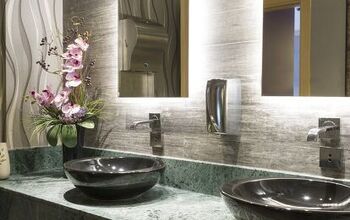
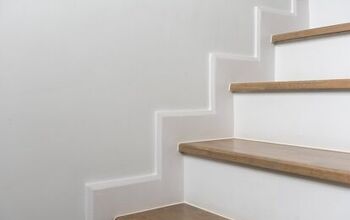
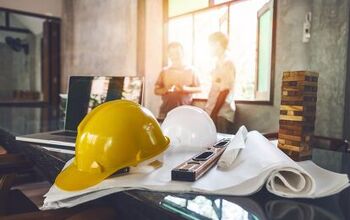
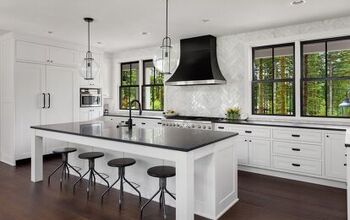



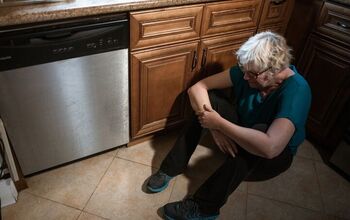
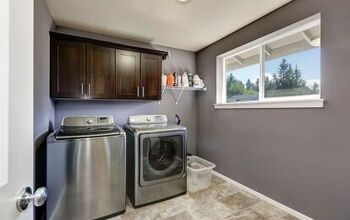

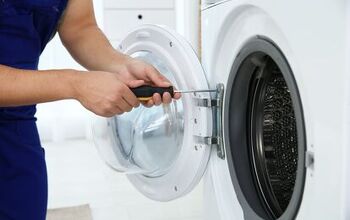
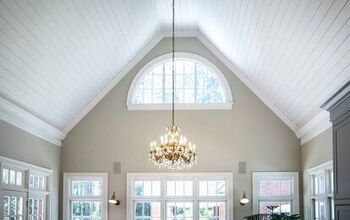
![12 Washing Machine Brands to Avoid [with Recall Data]](https://cdn-fastly.upgradedhome.com/media/2023/07/31/9075781/12-washing-machine-brands-to-avoid-with-recall-data.jpg?size=350x220)
